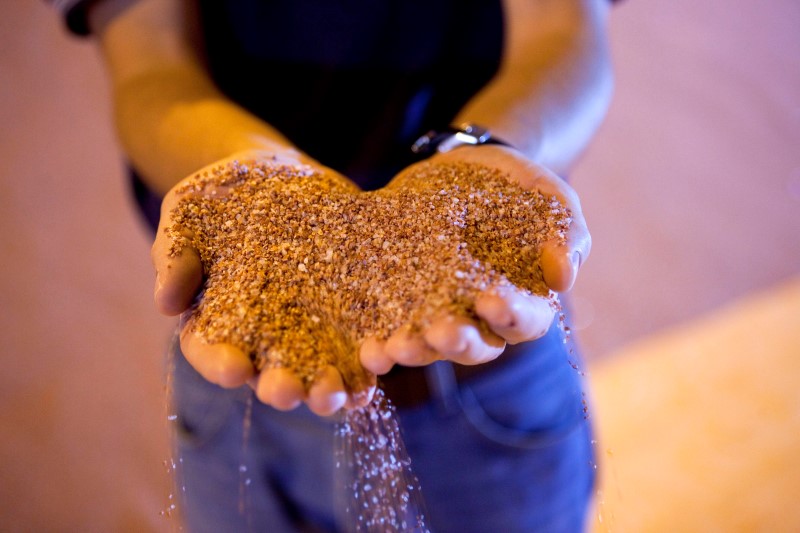* CEO Borgas stepping down after 4 years on job
* Potash prices roughly halve during Borgas term
* Deals signed with China, India for $219 and $227 per tonne
By Steven Scheer
JERUSALEM, Sept 11 (Reuters) - Stefan Borgas stepping down as chief executive is the latest in a series of issues that have plagued Israel Chemicals ( ICL ) ICL.TA , and the company's fortunes are not expected to turn around in the foreseeable future given very low potash prices.
German-born Borgas, 52, said on Thursday he would resign as ICL's CEO after four years but would stay available to the company during the transition to find a new CEO. Chairman Johanan Locker said there would be a search for a new head, but analysts believe any CEO will face a tough task.
"You can't expect higher profit when potash prices are $200 a tonne," said Ilanit Scherf, an analyst at the Psagot brokerage.
When Borgas took the reins after serving as CEO of Swiss firm Lonza, ICL - one of three major suppliers of potash to China, India and Europe - was in good shape with a share price of 46 shekels and adjusted earnings per share of $1.19 in 2011, when potash prices were around $414 per tonne.
In recent months, ICL has signed potash supply deals with China and Indian customers at $219 and $227 a tonne, respectively.
Citi analyst Andrew Benson expects adjusted EPS in 2016 of just 30 cents.
"ICL faces a tough road ahead although this is substantially discounted in the share price," Benson, who rates ICL "neutral", wrote in a note to clients. "Fertilizer markets will remain intensely competitive over the medium term (and) ... higher royalty levels will materially reduce cash flow availability for shareholders from 2017 onwards."
Since the start of 2013, ICL's Tel Aviv-listed share price has slid 85 percent to 15.42 shekels.
Borgas also battled Israel's government over plans to heavily tax mining companies. In the process, he tried to cut costs, froze about $2 billion of investments in Israel and expanded ICL's operations abroad.
Analysts believe Borgas' desire to reduce dependency on the Dead Sea, where ICL has exclusive permits to mine minerals, was unpopular with his bosses at holding company Israel Corp ILCO.TA , which owns 46 percent of ICL ICL.N .
Citi's Benson said challenges ICL's next CEO faces, besides restoring the financial health of the company, include improving industrial relations after two recent strikes and establishing a better relationship with Israel's government.
ICL competes with Russia's Uralkali URKA.MM and North American trading group Canpotex Ltd, owned by Potash Corp of Saskatchewan POT.TO , Mosaic Co MOS.N and Agrium Inc AGU.TO .
